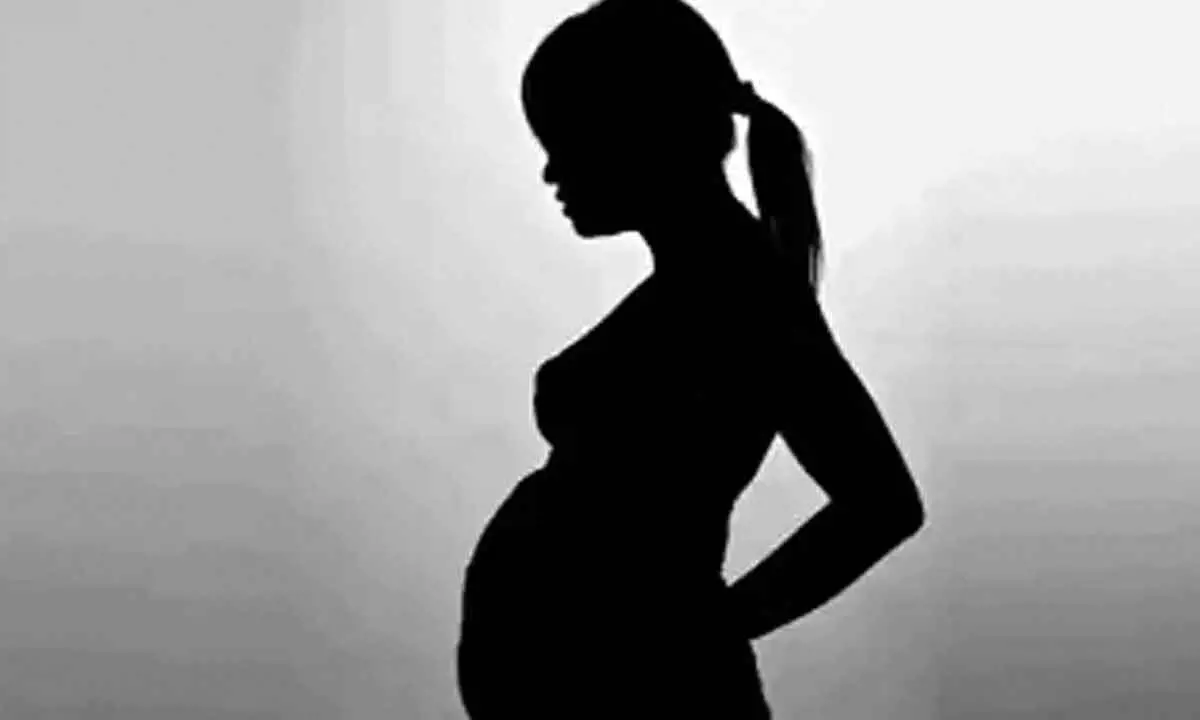A humane judgement

It is indeed an historical judgement by the Supreme Court that single women with pregnancies between 20 weeks to 24 weeks are entitled to access the same safe and legal abortion care as married women.
It is indeed an historical judgement by the Supreme Court that single women with pregnancies between 20 weeks to 24 weeks are entitled to access the same safe and legal abortion care as married women. I feel this great judgement for single women with pregnancy up to 24 weeks is a divine gift during holy Devi Navarathri festival days. As said in the judgement, artificial distinction between married and unmarried women is unconstitutional taking away freedom and rights of single women whether to carry pregnancy or abort.
It is alarming that nearly 67% of abortions carried in single women between 2007-2011 were classified as unsafe. As MTP Act 1971 did not allow single women for abortions, unless any threat to life, many qualified doctors refused abortions for legal issues and this has resulted in many single women with pregnancy approach quacks for abortion who charge heavily and perform abortions in unhealthy atmosphere resulting in complications of heavy bleeding, infection and some deaths too. In spite of police booking cases on quacks, many women till the date continue to approach the quacks and land in trouble just to get aborted to avoid bad name in the family and society.
As Supreme Court permitted abortion to single women on a par with married women, all qualified doctors now can take up all abortion cases up to 24 weeks without any fear and do justice to single women for safe abortions in all hospitals by qualified doctors. Another vital point in the judgement is Registered Medical Practitioner need not disclose the identity and other personal details of minor for abortion to police under Section 19(1) of POCSO Act. Great judgement with human and women touch.
- JP Reddy, Nalgonda
II
The routine use of ultrasound and other machines in pregnancy management has allowed the diagnosis of many conditions in the foetus. The legal age for termination from 20 to 24 has certainly eased the pressure on medical practitioners dealing with many foetal anomalies where the window of 20 weeks was just too narrow for anybody's comfort. In the west, political ideologies, religious affiliations, and socio-cultural factors (50% unwed mothers in the USA) all play a role in vigorous debates on terminations.
The whole range of ethical, moral, social, and legal issues is presently complex and confusing. Two lives entangle as one unit and a clash sets up between the autonomy of a vociferous mother and the silence of the dependent foetus. Unfortunately, the idea and essence of motherhood disappears in the discourse even as foetal rights make the entry. At the crux of western debates is the consideration of when life does begin. At conception, birth, or at some point in between?
Some scholars interestingly propose a 24 weeks limit based on some research showing well-formed foetal brain waves 'typical' of humans declaring the transition of a fetus to a human. The Supreme Court seems to have come to that figure circuitously as the primary consideration was the safety of the mother while carrying the terminations. This is not the final word of course since the ethical and legal issues are going to only increase in the future as more diseases enter the domain of pre-delivery diagnosis, more newborns survive earlier stages of gestation, unwanted conceptions increase, and marriage becomes more disdainful.
- Dr Pingali Gopal, Hanamkonda














